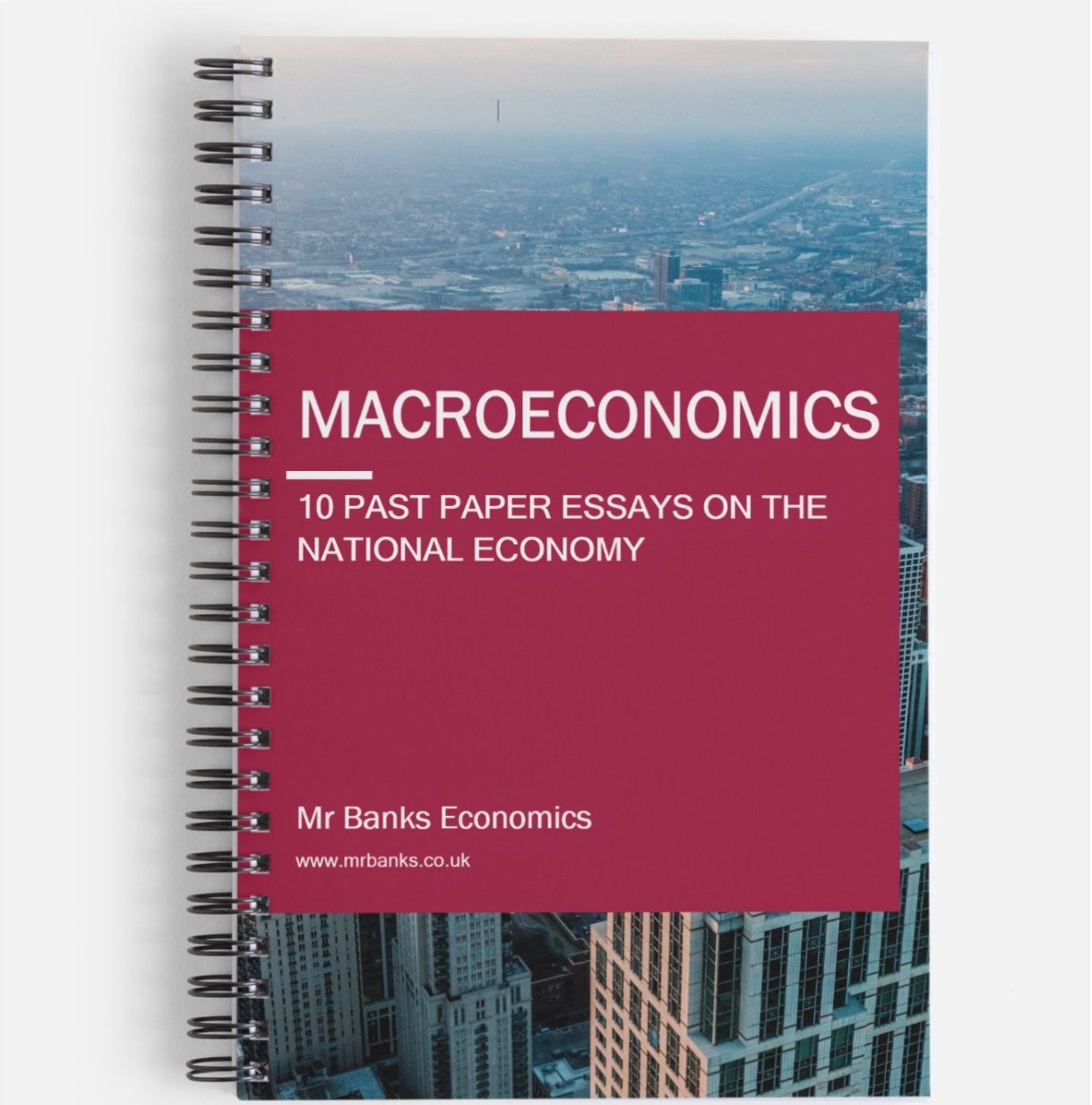Please answer today's economics questions.
Q1 All other things being equal, in a monopoly
market power always leads to an efficient allocation of resources.
product differentiation leads to low barriers to entry.
economies of scale lead to a downward sloping market demand curve.
high prices can lead to market failure.
Q2 A firm is productively inefficient if
it can lower its average cost of production by reducing its output
an increase or a decrease in output will lead to a rise in its average cost of production.
it can increase labour productivity by increasing the amount of capital it employs.
the price it has to pay for raw materials and components is increasing.
Q3 Define the term 'market failure'.
SCROLL DOWN FOR ANSWERS BELOW!
ANSWERS
Q1 All other things being equal, in a monopoly
market power always leads to an efficient allocation of resources.
product differentiation leads to low barriers to entry.
economies of scale lead to a downward sloping market demand curve.
high prices can lead to market failure.
The answer is option 4. A monopoly is a firm which has a very high market concentration ratio. They have price setting power because a lack of competition exists. Because businesses aim to maximise their welfare via profit, a monopoly firm will tend to set prices at a higher level than what is desired. What this will lead to not enough a good/service being produced, because consumers are rationed out of the market by the monopoly's high price. If the market were competitive, the price would be lower and more people would consume the product and get welfare from it.
Q2 A firm is productively inefficient if
it can lower its average cost of production by reducing its output
an increase or a decrease in output will lead to a rise in its average cost of production.
it can increase labour productivity by increasing the amount of capital it employs.
the price it has to pay for raw materials and components is increasing.
The answer is option 1. Being productively efficient means you are maximising your output whilst minimising your average costs. If you can reduce your average costs by reducing your output, surely this means you are producing too much. On an economies of scale diagram, this will coincide with "diseconomies of scale".
Q3 Define the term 'market failure'.
Market failure can be defined as the market failing to achieve economic efficiency. It is failing to provide the optimal allocation of resources and thus providing the best solution to the economic problem.
[EXTRA INFO] An example of a market failure is a demerit good. A demerit good is overconsumed/overproduced in a market. We are wasting too many resources in making this good because it is harmful in some way to society as a whole. Therefore, we need to produce less and less of it until we reach the socially desirible level where MSB = MSC.
IF YOU WANT GOOD GRADES FAST, BUY THESE BOOKS!
MACROECONOMICS MODEL ANSWER BOOK
10 Past Papers with Model Answers on the National Economy
Written by an experienced Economics tutor
Full model answers with diagrams
Suitable for all UK Economics exam boards
Physical booklet
£30.00
MICROECONOMICS MODEL ANSWER BOOK
10 Past Papers with Model Answers on Market Failure
Written by an experienced Economics tutor
Full model answers with diagrams
Suitable for all UK Economics exam boards
Physical booklet
£30.00


